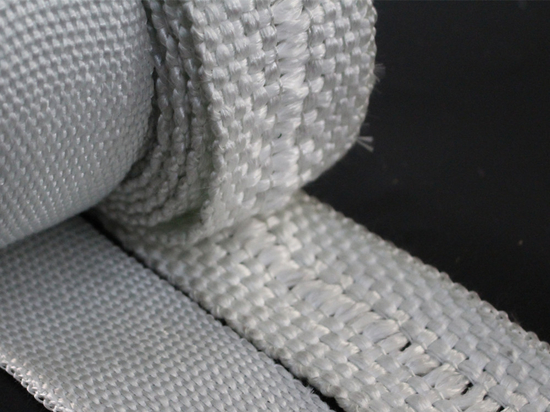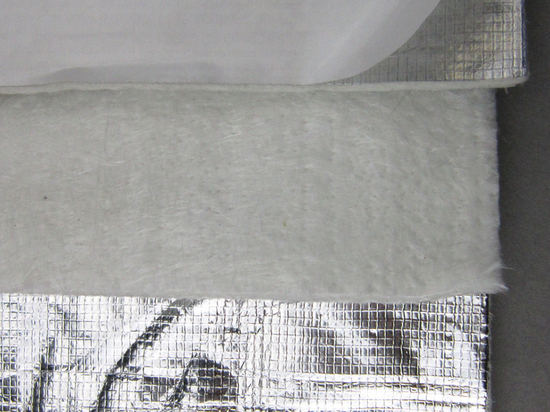#Industry News
Meeting Rail Industry Challenges: EN45545-2 Silicone Heat Protection Hose Solutions
EN45545-2 Silicone Heat Protection Hose
The railway industry operates in a complex and demanding environment, where safety and reliability are of paramount importance. Addressing challenges related to fire safety, heat protection, and compliance with stringent regulations requires innovative solutions. This article delves into how EN45545-2 certified silicone heat protection hoses provide tailored answers to the challenges faced by the rail industry.
Railway Challenges and Safety Concerns:
Rail operators grapple with various challenges, including high temperatures, potential fire hazards, and strict safety regulations. Ensuring the safety of passengers, crew, and critical infrastructure in the face of these challenges necessitates the adoption of cutting-edge protective measures.
EN45545-2 Certification and Standards:
EN45545-2 standards have been developed to set a high bar for fire safety and heat protection within railway systems. These standards encompass a range of factors, including flame resistance, heat release, smoke production, and toxicity. EN45545-2 certification is a testament to a product's ability to meet these rigorous requirements, providing peace of mind to rail operators and passengers alike.
Tailored Solutions with EN45545-2 Certified Hoses:
EN45545-2 certified silicone heat protection hoses offer a bespoke solution to the unique challenges faced by the rail industry. These hoses are engineered to provide robust protection against high temperatures, flames, and potential fire propagation. Their versatility enables them to safeguard cables, wires, hoses, and other vital components.
Enhanced Safety and Compliance:
By integrating EN45545-2 certified silicone hoses, rail operators can enhance safety levels and align with regulatory standards. These hoses act as a proactive barrier against fire risks, helping to prevent damage to critical infrastructure and ensuring the safety of passengers and personnel.





